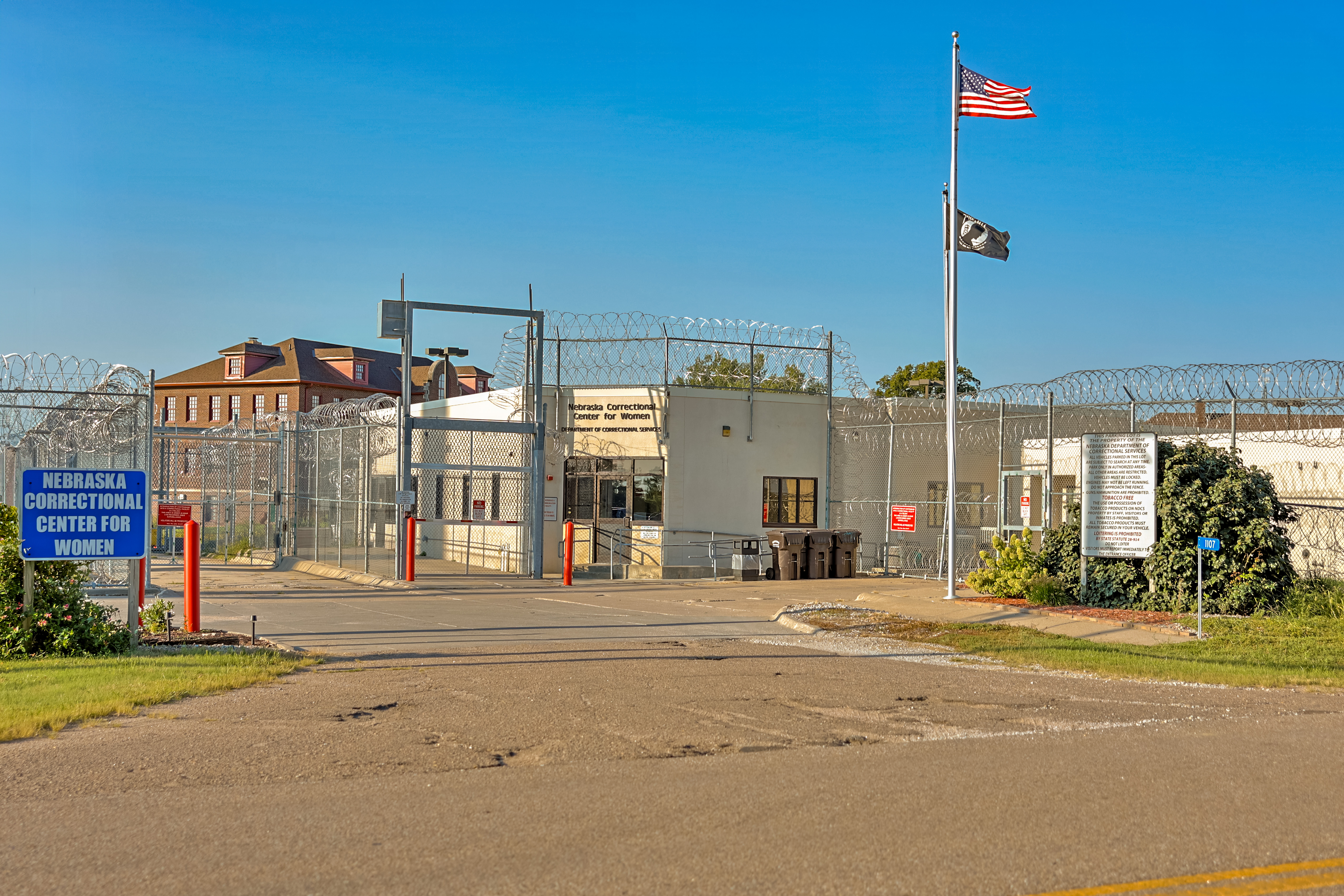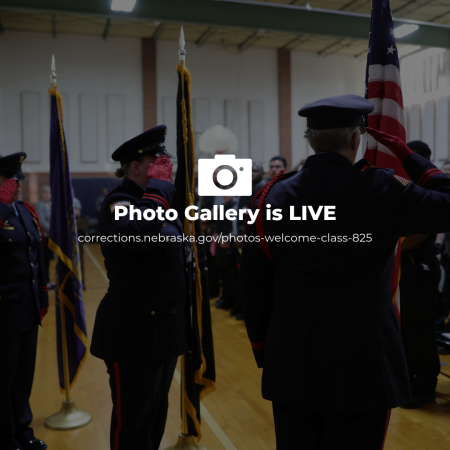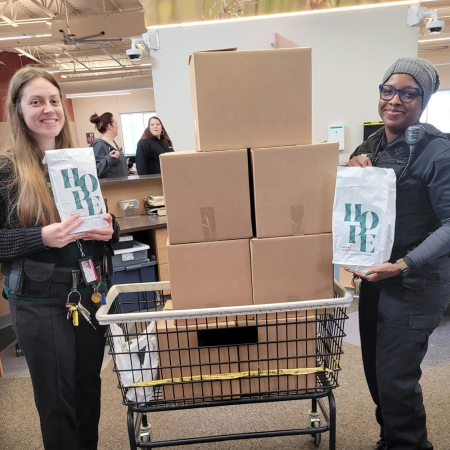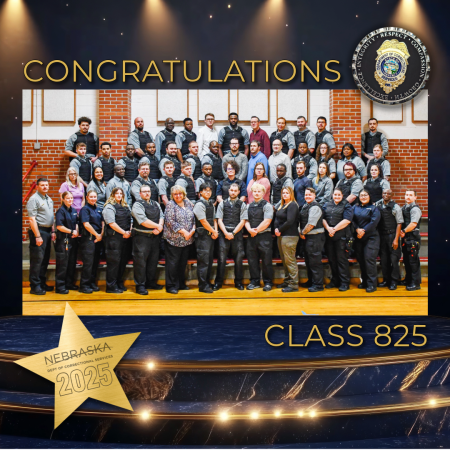
Nebraska Correctional Center for Women

1107 Recharge Rd.
York, NE 68467-8003
United States
Please send court video requests to: DCS.NCCWCourts@nebraska.gov
NCCW began operation in May 1920 through an act of the Nebraska Legislature establishing the “State Reformatory for Women.” The original facility included a two-story farmhouse that was used as an inmate dormitory and later as the superintendent’s residence. Two additional three-story brick dormitory buildings were added in 1924 and 1926, both of which are still in use today as program areas.
In 2004 the facility completed the first half of a $15 million capital construction project that included the addition of a 76-bed general population living unit, 48-bed residential substance abuse treatment unit, 15-bed segregation unit, 30-bed special needs unit, dining room and food preparation area, staff offices, central laundry, and new water tower. The second half of the construction project, completed in 2009, included the remodeling of several program areas, including medical services, administrative offices and education.
NCCW has been accredited by the American Correctional Association since 1981.
The Nebraska Correctional Center for Women (NCCW) is the state's only secure correctional facility for adult women. The 275-bed facility houses maximum, medium and minimum custody inmates as well as court-ordered evaluators and county safe keepers.
NCCW is the diagnostic and evaluation center for all newly committed female inmates. The first 30 days of the inmates’ incarceration is in an Orientation program which is segregated from the general population. During this program, inmates receive medical and mental health evaluations and also learn about the various programming opportunities available to them during their term of incarceration. Each inmate has a personalized classification and programming plan developed to assist her in addressing personal deficiencies. Visiting during the 30-day orientation program is limited to one (1) visit by immediate family members only.


